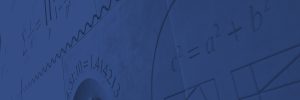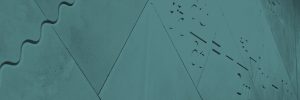Quantum Fields Dynamics: May 3 – July 2, 2027
Organized by: Thomas Dumitrescu (UCLA) Ethan Neil (University of Colorado) Zohar Komargodski (SCGP) Francesco Sannino (University of Southern Denmark) Mithat Unsal (North Carolina State University) Quantum Field Theory (QFT) provides the universal language for modem physics, yet our understanding is severely limited in the non-perturbative regime where interactions are strong. This fundamental challenge is not … Read more



